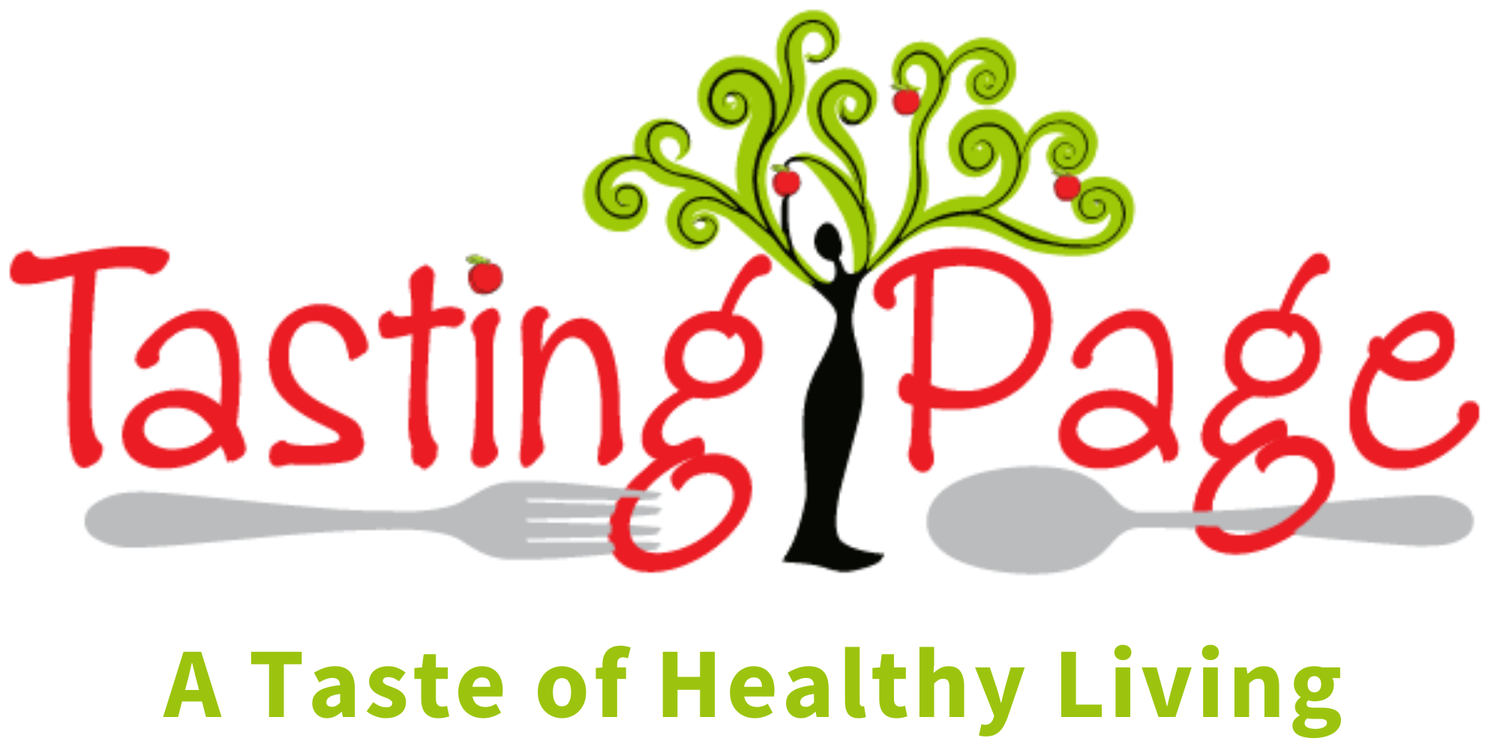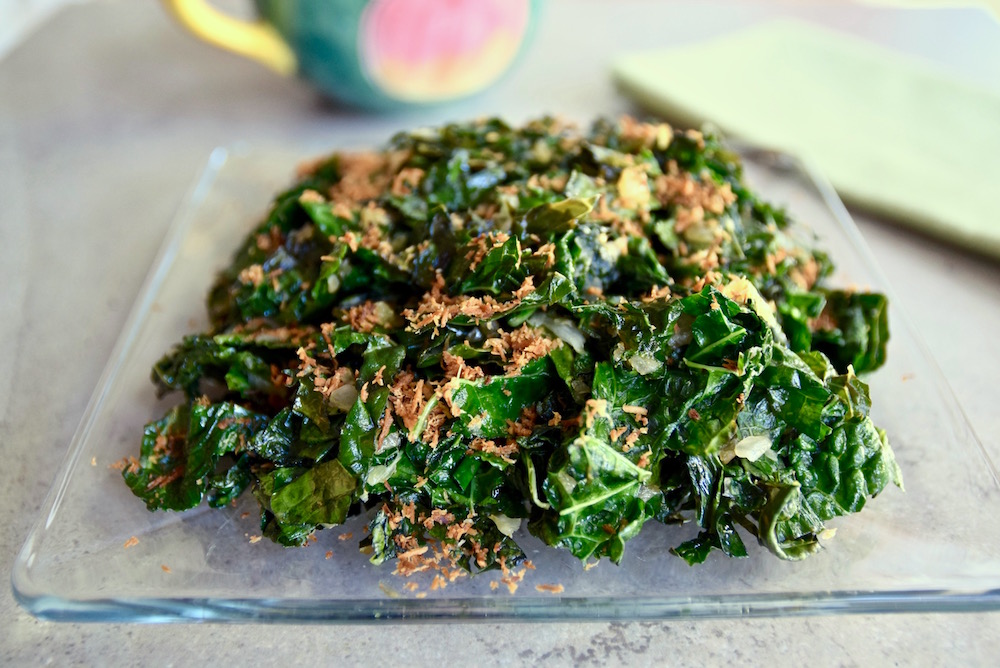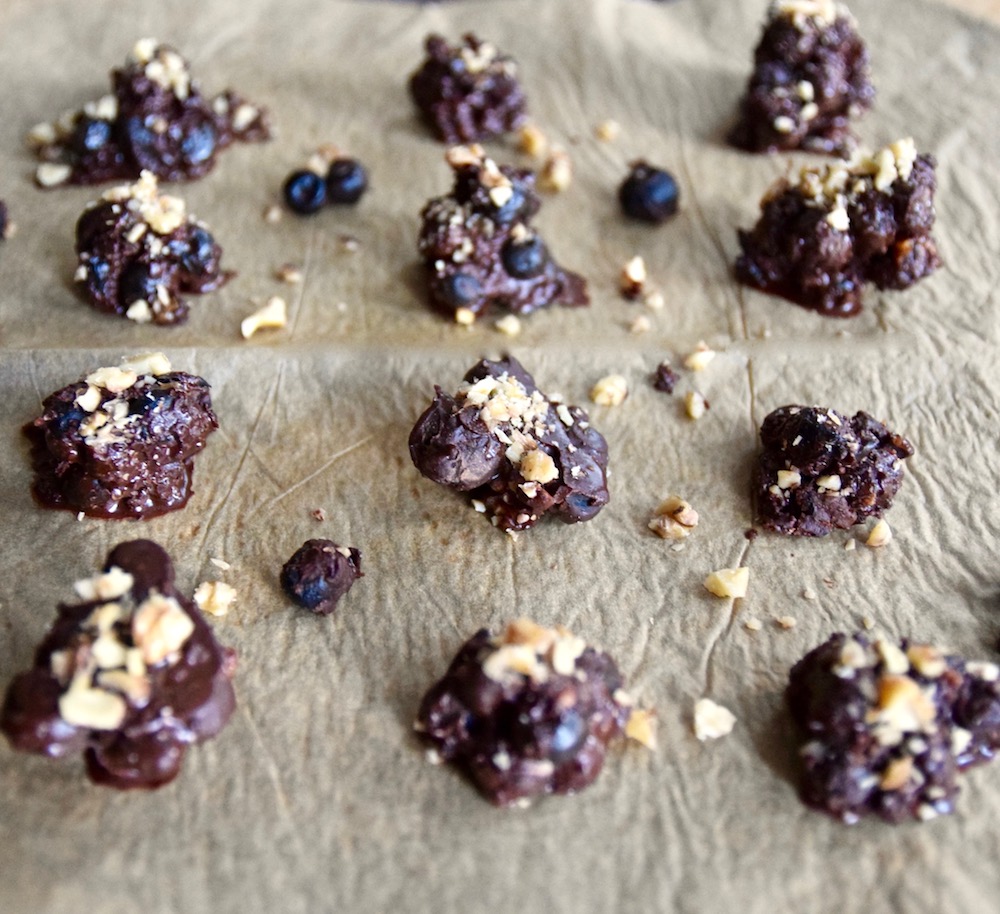Best Natural Skin Cancer Prevention Options
/Here are some natural skin cancer prevention options to protect your skin from the harmful rays of the sun.
(This post contains affiliate links but clicking on them does not change the price for you, but does help offset some operating costs on Tasting Page. Full Disclosure).
It's sunny in Los Angeles where I live all year around. I know, you don't feel sorry for me, but my fair Irish skin does not respond well to so many years of sunshine. After having several basal cell skin cancers removed from my body, I started doing research on natural skin cancer prevention options and wanted to share some of my findings.
Natural Skin Cancer Prevention Options
First, I will say, that a little bit of natural sunlight, without sunscreen, can be great to produce Vitamin D, a vitamin many of us are deficient in. You can read more about how to safely do that here.
Most of us, however, spend way more time outdoors than that needed to generate Vitamin D so these skin care prevention options are for you.
Abstinence
You know that the best way to prevent skin cancer would be to get a time machine and go back and reverse some of the actions of being a carefree teenager.
This teenager did not listen to her mother as I slathered baby oil on my body and roasted in the sun with tinfoil. Ah, youth. So fun, but not so smart.
I could tell you that the most basic skin cancer prevention strategy is to stay out of the sun to protect yourself, but that's no fun, and not very realistic.
Strategic Sun Time
You can, however, try and avoid being outside while the sun is the strongest, from 10 am - 4 pm. Take that run first thing in the morning or at the end of the day to save your skin.
If you do need and want to be outdoors during prime time sunning hours, the next best thing is to find some shade to keep you cool and protected.
There's also now clothing with sun protection built-in (check some out here). That way you don't need to worry if you put enough sunscreen on or if you missed a spot. I like wearing sun-protected clothing when I travel and am outdoors all day. And of course, don't forget a good hat!
Sunscreen
Sunscreen is the next obvious choice to naturally prevent skin cancer, but you can't just grab any old sunscreen. Leave it to some companies to go muck that up by putting toxic chemicals in their sunscreen. You don't want to absorb those added toxins when you're attempting to block the harmful sun's rays.
EWG, the Environmental Working Group, the folks behind the Dirty Dozen - Clean 15 lists (read more about that here) also have a good skin deep website. They have many sunscreens listed on their site, rated for the ingredients used in their formulas. You can also lookup and search your own sunscreen to see how it ranks.
Sunscreen Ingredients to Avoid
You want to avoid the harmful endocrine disruptor oxybenzone that's found in many mainstream sunscreens. Hawaii just decided to ban this sunscreen since it's damaging coral reefs and some marine life.
Some studies have also shown oxybenzone puts women at an elevated risk for endometriosis and guys, sorry there's bad news for you too. This chemical can also affect sperm count. So there's that.
And in any lotion, you also want to stay away from parabens, phthalates, and fragrances that aren't natural and can irritate the skin. You can read more about my favorite natural organic skin care lines here.
Mineral Based Sunscreen
Generally speaking, it's best to look for a mineral-based sunscreen with zinc oxide and/or titanium dioxide as the active ingredient. They are the most effective physical sun blockers. Other sunscreens filter the rays of the sun instead of actually blocking it, so stick with zinc oxide or titanium dioxide for the best protection.
Yes, the natural sunscreens will be a bit thicker and more difficult to rub in, but if you get some warmth in your hand, your body will absorb it well. You'll also be able to see if you're using enough and are missing any spots.
Apply your sunscreen at least 20 minutes before sun exposure, and reapply at least every 2 hours, as well as after sweating or swimming. An SPF of 30 usually offers sufficient coverage.
The natural mineral-based sunscreens that I've had good luck with are Badger, Thinksport, and Suntegrity.
Supergoop also has a good line but I always check what I’m buying on the EWG website first to see what extra chemicals could be lurking.
DNA Repair Enzymes
My dermatologist, Dr. Ralphy Massey, Asst. Clinical Professor at UCLA and Fellow with the American Academy of Dermatology, recommends a broad-spectrum sunscreen that not only protects the skin from UV rays but also has antioxidants to actually help repair sun damage.
Dr. Massey's information on sun protection says, "ultraviolet light (U.V.) causes skin cancers through damage to the cells’ DNA. The use of topical DNA repair enzymes has been shown to decrease the number of pre-cancerous lesions, (actinic keratosis) and so decrease the risk of skin cancer in sun-damaged skin. " I love a good twofer.
This product is called Eryfontona Actinica. It started in Barcelona and is widely available in Europe and Asia, but not as much in the US yet. It's not yet FDA approved (because we take forever to do these things in the US), but I was able to buy a bottle at my doctor's office, and it also appears that you can buy it directly from the manufacturer online as well and sometimes Amazon has some.
Vitamin B3 (Nicotinamide)
After my last visit to my dermatologist, I learned that there's a vitamin that can help prevent skin cancer. "Oral nicotinamide (vitamin B3) 500mg twice a day effectively reduced the development of basal cell cancer and squamous cell skin cancers by over 20% in high-risk patients. This over the counter supplement appears safe and is readily available."
The Skin Cancer Foundation published this information in 2015, "Australian researchers recently released a study abstract revealing that Nicotinamide, a form of vitamin B3, significantly reduces the incidence of nonmelanoma skin cancers among people who have had a previous basal cell carcinoma or squamous cell carcinoma. The researchers conducted a year-long study of 386 people, who averaged 66 years old. Half of the people in the study took 500 milligrams of Nicotinamide (Vitamin B3) twice a day and the other half were put on a placebo. The researchers found that people who took vitamin B3 twice a day cut their chances of developing new skin cancers by 23 percent."
Sounds pretty promising to me!
Astaxanthin
You may not know how to pronounce it, but astaxanthin has proven to be a powerful antioxidant from the carotenoid family. Mercola explains its benefits, "When it comes to UV radiation protection, astaxanthin specifically helps protect against UV-induced cell death. Unlike topical sunblock, astaxanthin does not actually block UV rays, so it doesn't prevent UVB from converting into vitamin D in your skin; it simply protects your skin against damage."
PubMed reported that astaxanthin, "would have a significant benefit on protecting against UVA-induced skin photo-aging such as sagging and wrinkles."
I have to say that I took astaxanthin all last summer, and didn't get one burn all season long. That's pretty rare for my fair skin, so I'm a fan, but of course, check with your doctor before starting any new supplements to make sure it's right for you.
Green Tea
I don't know about you, but if I could drink a refreshing beverage and prevent skin cancer, I'd be so in.
PubMed reported that "Topical application or oral administration of green tea through drinking water of mice prevents UVB-induced skin tumor development, and this prevention is mediated, at least in part, through rapid repair of DNA."
They go on to say, "it is suggested that routine consumption or topical treatment of skin with green tea polyphenols may provide efficient protection against the harmful effects of solar ultraviolet radiation in humans."
Eat a Healthy Antioxidant-Rich Diet
If you can drink your way into better skincare, you know that you can eat your way in too!
The Skin Cancer Foundation has reported, "Some research has shown that diets low in fat and high in fruits and vegetables can reduce the risk of all cancers, including skin cancer."
You're probably noticing an antioxidant trend in these natural skin cancer prevention alternatives. "Antioxidants are substances such as vitamin C or E that remove potentially damaging toxins called 'free radicals' from the body, and fruits and vegetables are full of these substances," reports the Skin Cancer Foundation.
How about some sauteed coconut lime kale or some chocolate blueberry clusters to keep you satisfied and healthy. And of course, be sure to avoid inflammatory processed food and vegetable oils in your well-balanced diet.
Skin Resurfacing
You can also help prevent skin cancer by doing some skin resurfacing. My doctor said, "resurfacing sun-damaged skin with the CO2 laser or medium depth chemical peels have been shown to decrease the risk of further skin cancers in the treated areas. These treatments will also afford a cosmetic benefit by reducing wrinkling, improving scars, and giving a more even complexion."
That's another good twofer - reducing skin cancer risks while improving the look of your skin. Not bad.
These are all natural skin cancer prevention options to help keep your skin safe from the harmful rays of the sun, but ultimately, you need to do what feels right for you. Talk to your doctor to see if you might be a good candidate for some of these alternatives.
I hope you enjoy your time outdoors!



























